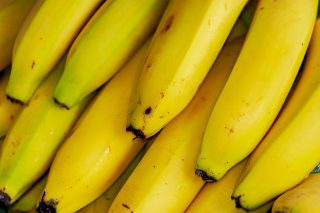
Potassium is a chemical element with symbol K (from Neo-Latin kalium) and atomic number 19. It was first isolated from potash, the ashes of plants, from which its name derives
Potassium as an electrolyte and nutrient. It is found in fruits, vegetables, dairy products and meat and is essential for the body to properly function. Potassium works with sodium to maintain the body’s water balance and is also involved in nerve function, muscle control and blood pressure.
Potassium can be found in both tap water and bottled water.
Surprisingly only 60% of the population drinks only half the recommended eight cups a day of water, and one in five of us drinks none at all.
Our daily potassium requirement is 3500mg, however while bottled water does contain potassium the levels are too low to make any significant difference to our daily health.
Most bottled water contains around 1mg per litre upto 10.8mg per litre.
Many of the ingredients that are added to bottled water occur naturally in tap water and in our daily diets. Potassium chloride, for example, is a chemical compound that is often used as a supplement for potassium, which benefits heart health and aids normal muscular and digestive functions. Magnesium chloride, magnesium sulfate, and calcium chloride are all inorganic salts.
You would be better off eating foods high in potassium, but remember potassium is only one element in your diet and eating a balanced diet is essential.
The following foods are high in potassium
More information is available from the NHS.
https://www.nhs.uk/conditions/vitamins-and-minerals/others/